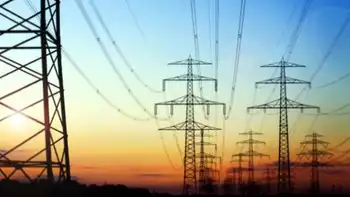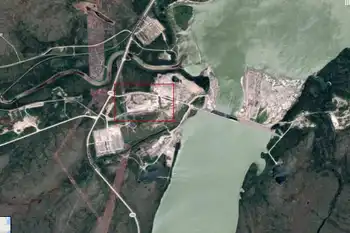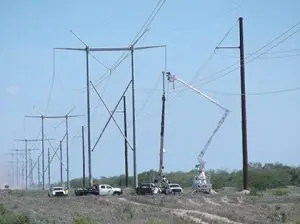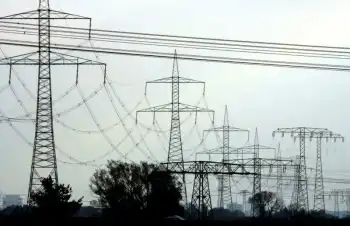Power portfolio needs to be widened
By Baltimore Sun
CSA Z463 Electrical Maintenance
Our customized live online or in‑person group training can be delivered to your staff at your location.

- Live Online
- 6 hours Instructor-led
- Group Training Available
But total re-regulation isn't the right way to go, nor would it generate the savings customers envision. That's the assessment of a new study by the Maryland Public Service Commission, and its findings make sense.
Total re-regulation would require the state to purchase a number of aging coal-fired generators.
That would impose risks on Maryland ratepayers that could well not be worth the uncertain rewards, particularly if nuclear energy is to play an expanded role in Maryland's energy future, as proposed by Constellation Energy Group.
With energy prices volatile and likely to increase in coming years, the smart thing for the PSC's regulators to do is be lighter on their feet, aggressively managing the state's energy supply mix with a close eye on constantly changing economic and market conditions.
Maryland's utilities should get their energy from a portfolio of sources - long-term and short-term contracts with independent producers, plants owned or operated by the utility and paid for by its customers, renewable energy sources, and energy-saving methods that reward customers for reducing consumption at times of peak load.
PSC planners see that reward system as part of the answer to projected electricity supply shortages that could cause Maryland brownouts beginning in the summer of 2011. In fact, Maryland utilities are already promising to save 500 megawatts of energy - a power plant's worth - by using demand response to cut energy consumption that year.
The varied sources would help consumers by increasing the reliability of the electricity supply and promoting stability of its price. PSC Chairman Douglas Nazarian has briefed legislative leaders on his agency's study, and lawmakers should heed its message.
Still, vocal advocates of re-regulation, including state Sens. E.J. Pipkin, a Republican, and Jim Rosapepe, a Democrat, are likely to propose legislation next year that would restore Baltimore Gas and Electric, Pepco and other state utilities as old-style vertically integrated electric companies. That wish is understandable but unworkable, for legal and economic reasons.
Maryland consumers may wish that the cost of electricity would fall back to pre-deregulation levels, but that will never happen. What can happen is that regulators will work more effectively to avoid future price shocks - like the stunning 70 percent electric price increase last year - and avert the danger of future power shortages.











